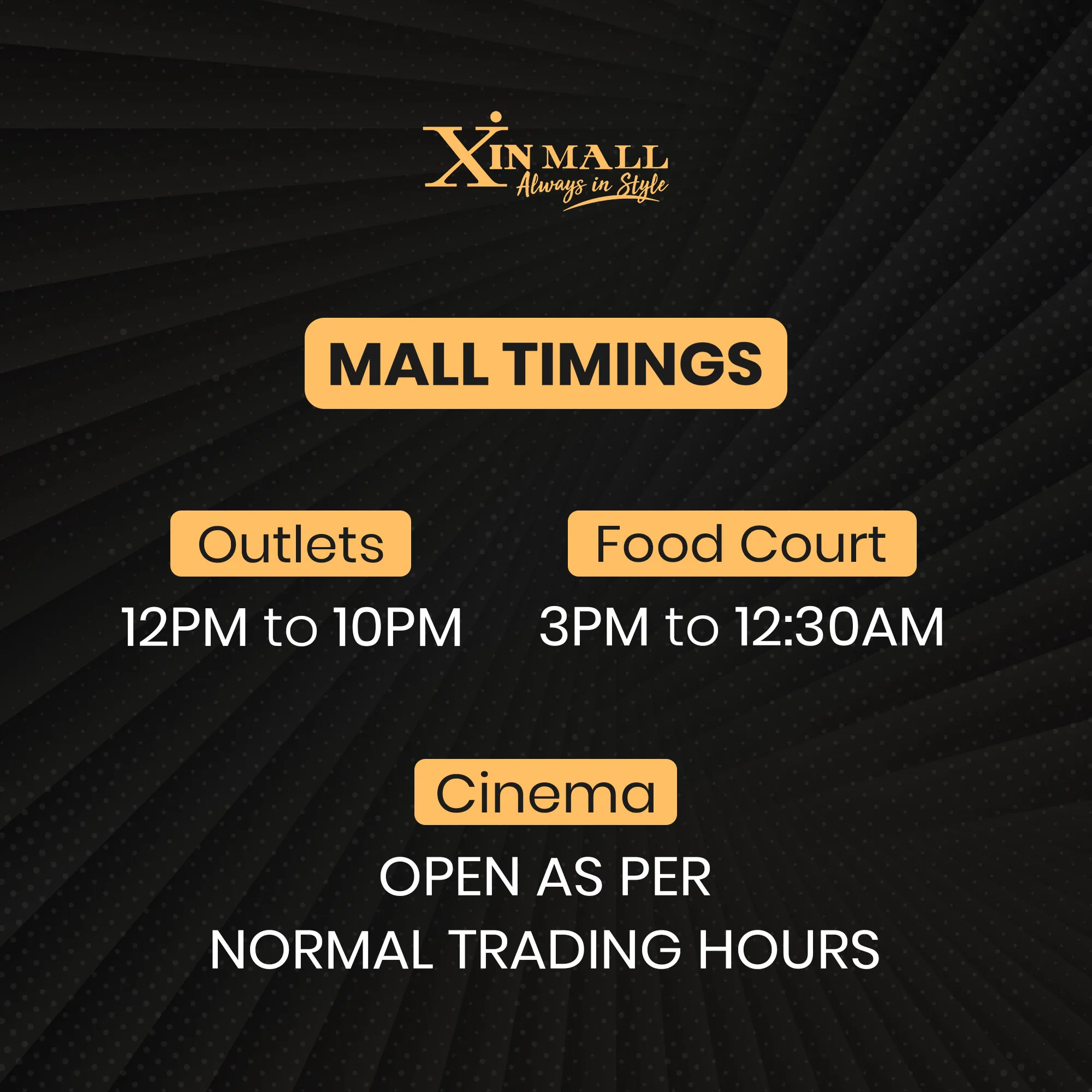Luxury shopping, an enchanting realm of opulence and exclusivity, has long been a coveted experience for the affluent and discerning individuals seeking the finest products and impeccable service. This alluring world of high-end fashion, accessories, jewelry, and lifestyle products beckons those who appreciate the finer things in life. In this article, we embark on a journey to explore the essence of luxury shopping, the allure it holds, and the evolving trends in this captivating market.
The Essence of Luxury Shopping
Luxury shopping goes beyond mere material possession; it embodies an entire lifestyle. It is an experience that revolves around perfection, craftsmanship, and attention to detail. Luxury brands are known for their rich heritage, the use of premium materials, and their commitment to creating timeless pieces that exude sophistication and elegance. From haute couture to limited-edition collectibles, luxury shopping offers a sense of exclusivity and status that resonates with the elite.
The Luxury Consumer: A Profile of Refinement
The luxury shopper is not just someone with deep pockets; it is an individual who understands the art of refinement. Demanding excellence and personalization, these consumers seek products that reflect their unique taste and personality. Luxury shopping is an emotional experience for them, as they indulge in the pleasure of acquiring something extraordinary, a symbol of their achievements and discernment.
The Allure of Luxury Boutiques
One of the defining aspects of luxury shopping is the ambiance of the boutiques themselves. Luxury brands invest heavily in creating opulent spaces that immerse the customer in an atmosphere of exclusivity and indulgence. From grand chandeliers to carefully curated interior design, luxury boutiques offer a cocoon of elegance, where customers are invited to explore the brand’s narrative and craftsmanship.
The Rise of Digital Luxury
The digital revolution has also transformed the landscape of luxury shopping. Luxury brands have embraced e-commerce and digital marketing to connect with a broader audience while maintaining the sense of exclusivity. Virtual showrooms, augmented reality try-ons, and personalized online shopping experiences have become common, ensuring that the luxury experience extends seamlessly to the online realm.
Sustainability and Ethical Luxury
In recent years, there has been a growing emphasis on sustainability and ethical practices in the luxury industry. Discerning consumers now expect luxury brands to demonstrate a commitment to environmental and social responsibility. As a result, many luxury brands have adopted eco-friendly production methods, cruelty-free materials, and transparent sourcing practices to appeal to the conscious luxury shopper.
Luxury Shopping: A Global Phenomenon
Luxury shopping is no longer confined to traditional fashion capitals like Paris, Milan, or New York. The demand for luxury goods has spread worldwide, leading to the emergence of luxury shopping destinations in cities across Asia, the Middle East, and other regions. Global travelers and online accessibility have contributed to the democratization of luxury, with consumers from diverse backgrounds indulging in the world of opulence.
Conclusion
Luxury shopping, with its alluring charm and commitment to perfection, continues to captivate the hearts of discerning individuals around the world. The essence of luxury lies not only in the products but in the entire experience – from the craftsmanship and personalization to the exclusivity and heritage. As luxury brands embrace the digital age and strive for sustainability, the world of luxury shopping is evolving, offering a more diverse and responsible experience while staying true to its essence of opulence and refinement.
Frequently Asked Questions (FAQs)
What is luxury shopping?
Luxury shopping refers to the act of purchasing high-end and exclusive products from renowned brands known for their superior craftsmanship, premium materials, and impeccable attention to detail. It offers an indulgent experience that goes beyond mere material possessions and is often associated with opulence, refinement, and exclusivity.
Who are the typical luxury shoppers?
Luxury shoppers are individuals who appreciate and seek out the finest and most prestigious products available in the market. They are often affluent, discerning, and value the emotional aspect of luxury shopping, viewing it as a lifestyle and a way to express their taste and status.
What makes luxury boutiques different from regular stores?
Luxury boutiques are distinct in their emphasis on creating an opulent and exclusive ambiance. They invest heavily in interior design, incorporating elements like lavish decor, grand chandeliers, and personalized service to offer a unique and indulgent shopping experience.
Is luxury shopping only limited to fashion and accessories?
While luxury shopping is often associated with fashion and accessories, it encompasses a broader range of products. Luxury brands also offer high-end jewelry, watches, perfumes, cosmetics, automobiles, and lifestyle products, catering to various aspects of a luxurious lifestyle.
How has the digital age impacted luxury shopping?
The digital age has transformed luxury shopping by introducing e-commerce and digital marketing strategies. Luxury brands now have online stores, virtual showrooms, and interactive experiences that allow customers to engage with their products and brand narrative from anywhere in the world.
Are luxury products sustainable and environmentally friendly?
In recent years, there has been a growing emphasis on sustainability in the luxury industry. Many luxury brands have adopted eco-friendly practices, such as using sustainable materials, reducing waste, and promoting ethical sourcing, to align with the values of conscious luxury shoppers.
Are luxury shopping destinations only limited to famous fashion capitals?
No, luxury shopping destinations have expanded globally beyond traditional fashion capitals. Cities in Asia, the Middle East, and other regions have emerged as luxury hubs, attracting affluent shoppers and offering a diverse array of luxury products and experiences.
What sets luxury shopping apart from mainstream shopping?
Luxury shopping stands apart from mainstream shopping due to its focus on craftsmanship, exclusivity, and personalized experiences. Luxury products are often made in limited quantities, using the finest materials, and cater to customers seeking unique, high-quality items.
Can I shop for luxury products online?
Yes, many luxury brands have established online stores to cater to a wider audience and offer a seamless shopping experience. Customers can browse and purchase luxury products from the comfort of their homes, enjoying the same level of exclusivity and service as in physical boutiques.
What role does heritage play in luxury shopping?
Heritage is an essential aspect of luxury shopping, as it represents the brand’s history, tradition, and legacy of craftsmanship. Luxury consumers often value brands with a rich heritage as it adds to the allure and authenticity of the products they purchase.


